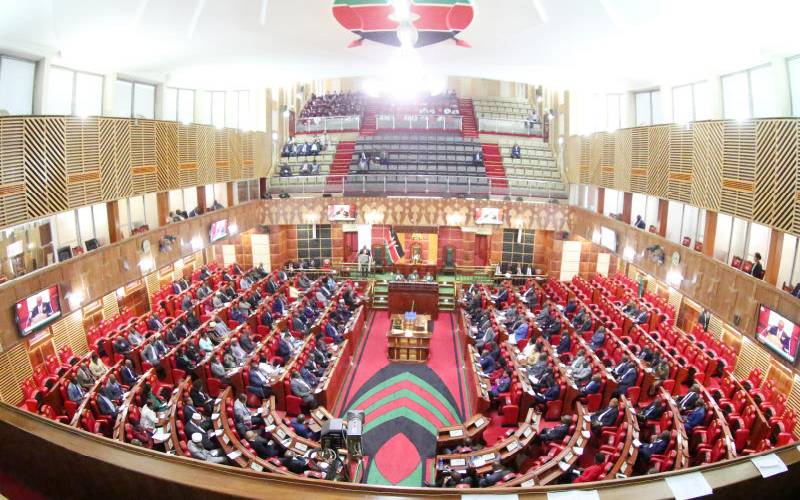Parliament is considering a new law that would, for the first time, create a uniform system for naming streets and numbering homes and buildings across the country.
The National Addressing Bill 2025, sponsored by Kiambu MP John Machua, seeks to eliminate confusion and inconsistencies in property identification that have long undermined service delivery, emergency response, and revenue collection.
If passed, the law will compel counties and property developers to follow national guidelines when naming streets and assigning numbers to buildings. Property owners will also be required to visibly display their assigned numbers, making it easier to locate addresses.
Central to the proposal is the creation of the National Addressing Council, a body that will oversee the system, enforce standards, and promote the use of technologies such as digital mapping. The council will work in close collaboration with county governments, which will set up their own addressing committees to develop registries of named streets and numbered properties. This information will feed into a centralised national database.
The Council will comprise a non-executive chairperson appointed by the President, a vice-chairperson nominated by the Council of Governors, and principal secretaries from relevant ministries, alongside representatives from the private sector and consumer protection bodies. Members will serve renewable three-year terms.
Machua argues that the Bill is critical for enhancing efficiency in both public and private services. “Lack of clear addresses has been a major obstacle in law enforcement, ambulance response, parcel delivery and utility billing,” he said. He added that standardisation will also boost e-commerce, tax collection, and trade.
The Bill also prescribes penalties for non-compliance. Developers and homeowners who fail to adhere to the numbering regulations face fines, while vandalising addressing infrastructure could attract penalties of up to Sh1 million.
A similar initiative was mooted in 2018 but stalled. Lawmakers believe that with the new legal framework, Kenya will finally align with international best practices, modernising its postal and location systems while improving efficiency in governance and commerce.
If enacted, the law would mark a historic step toward making every Kenyan home and street easily identifiable.

